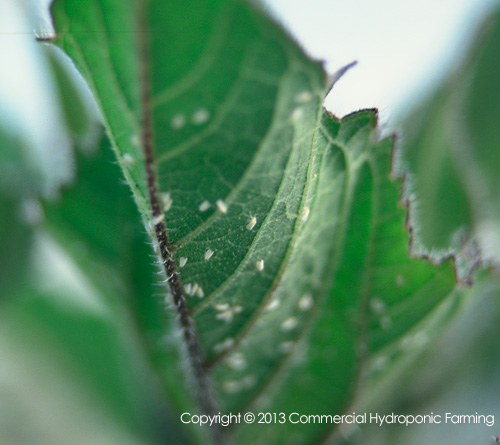Solution heating of a tomato crop has limited effect on early yields
Heating the nutrient solution of a NFT hydroponic system may sound like a lucrative option for early yields. Tampering with the nutrient solution temperature is expensive and return on investment low. It is as if the protected environment provides growers endless possibilities to manipulate the growth season of their crops. Unfortunately nature does not work that way. Whatever you do, you have to work within the limitations of the genetic potential of the crop, no matter what high tech secret you use. The easiest climate control the grower has is heating the air inside the greenhouse. There are lots of methods to alter the temperature and humidity, however, when it comes to manipulating the nutrient solution things do get a little tricky as the rewards not as straightforward as one would think.
Heating the nutrient solution for the purpose of obtaining earlier yields is fruitless. Between 15 and 30°C there is no effect and it is money wasted. If however your root temperature is below 15°C, the benefits of heating it up to 15°C is clear. Don’t spend too much money increasing it to higher values as you will not achieve earlier yields (note I am talking specifically about earlier yields and not higher yields).
Low night temperatures with normal day temperatures (±20°C) will cause a delay in first harvest. But the night temperature can be changed easier than solution temperature. So you as grower had the choice of heating the nutrient solution or the air in the greenhouse, it would be much better investing in a system heating the greenhouse than solution.
Root zone heating is also the most effective in nutrient film technique compared to bag culture. Be careful when heating the nutrient solution above 22°C as this will significantly increase the risk of fusarium, phytophthora and pythium spreading through the system.
Share This Story, Choose Your Platform!
Cotton aphid – Aphis gossypii
Cotton Aphid, or Aphis gossypii, is one of the more common insect pests found in almost all vegetable crops and [...]
Greenhouse white fly
Description Greenhouse white fly, also known as Trialeurodes vaporariorum is a sap feeder. The easiest way to find white flies [...]







